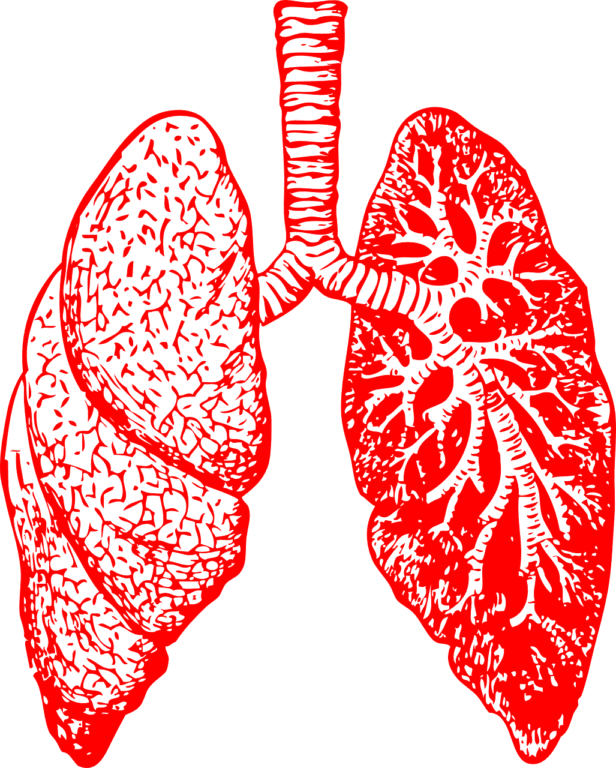As originally reported in Targeted Oncology, a man was diagnosed with EGFR-Mutated Non-Small Cell Lung Cancer, also known as EGFR-NSCLC. The 60 year old had a previous medical history that only consisted of hyperlipidemia and hypertension; this cancer had progressed to Stage 5.
EGFR-Mutated Non-Small Cell Lung Cancer
EGFR-NSCLC is a type of lung cancer known for a EGFR mutation, known as the epidermal growth factor receptor. The DNA code responsible for producing the EGFR protein is damaged, causing the abnormal protein to act in an unexpected way. Sometimes the protein becomes over active but other times it is not present. This cancer is common in non-smokers as its due to a mutation, and more common in females. Luckily for this patient, it’s known to be one of the most treatable mutations that cause lung cancer.
The patient was described as having a dry cough, breathing difficulty, and an anxious demeanor. While he had never smoked, he had been exposed to second hand smoke in his 40 years in the ship-building industry. He was tested with a chest x-ray, CT scan, PET scan, and a brain MRI which revealed a growth with a mass of 4.6 cm in the right bronchial lung and ipsilateral subcarinal lymphadenopathy, as well as a possible 2 cm hepatic lesion. He began being treated with osimertinib at 80 mg each day, and three weeks later, it was proving effective. He continued the medication. Doctors continued to see the disease fall under control for the next year, but half a year later, they found a solitary liver lesion had grown.







